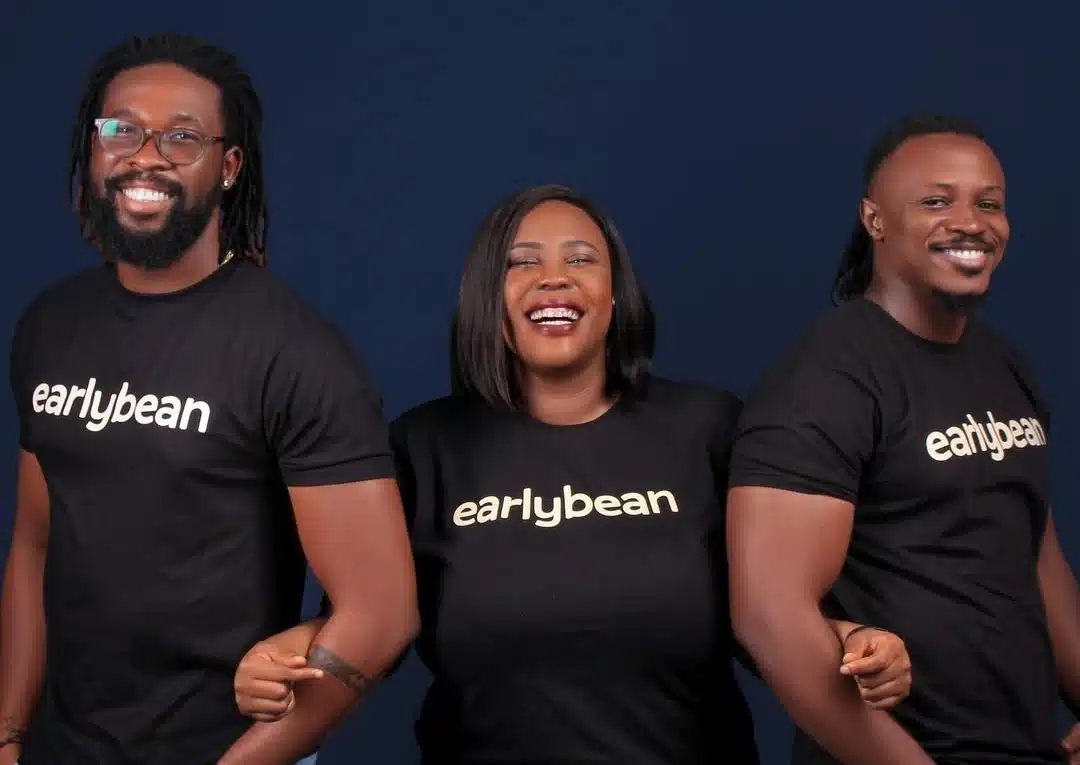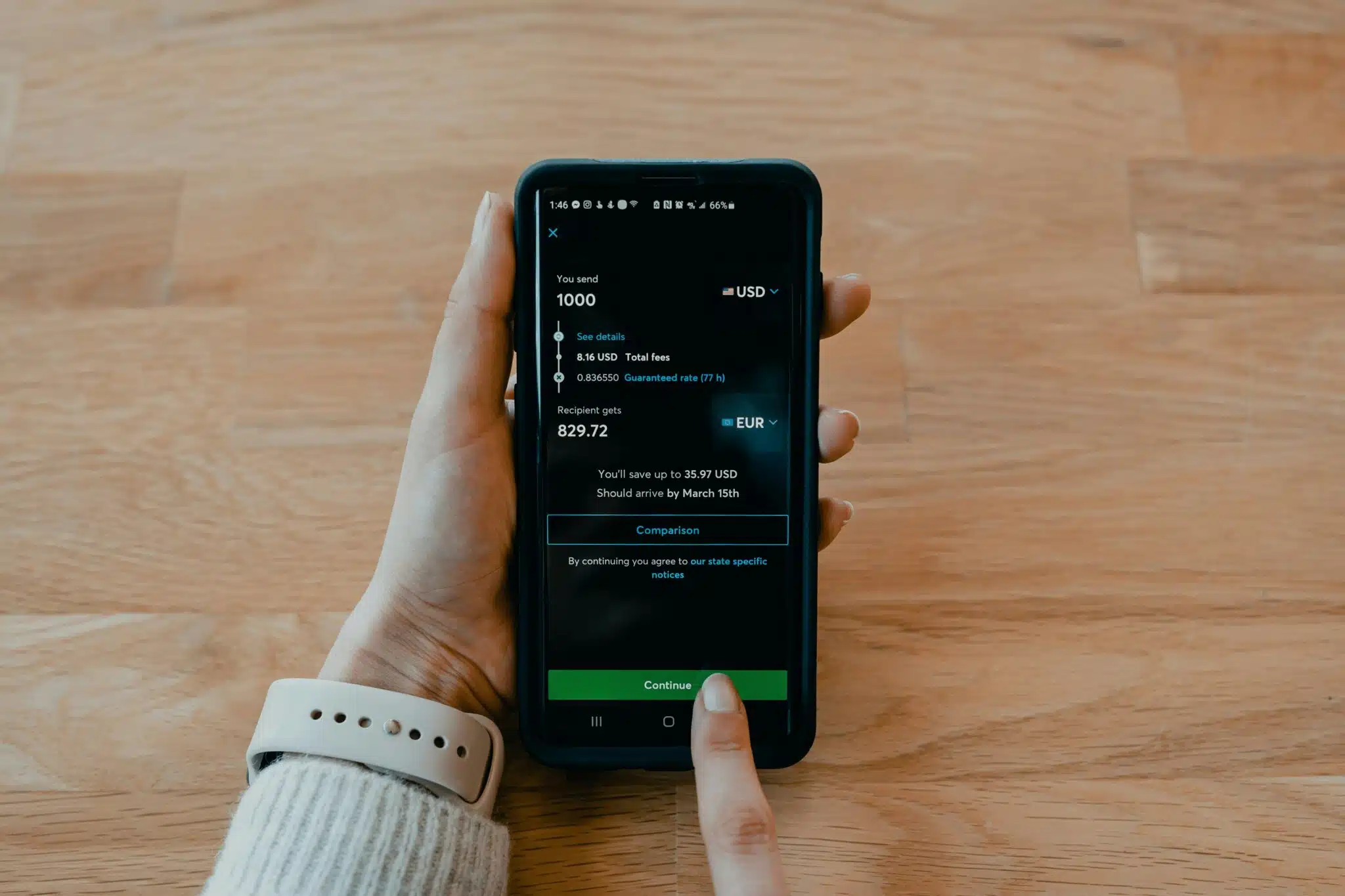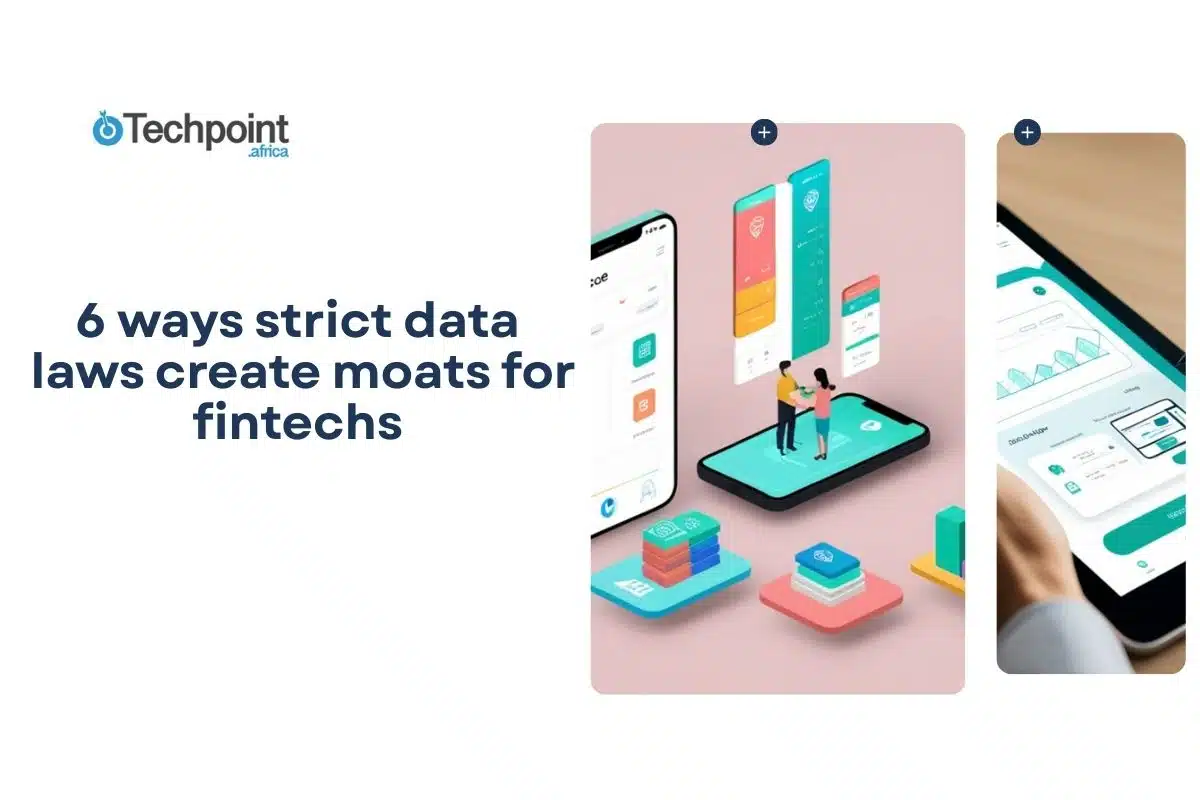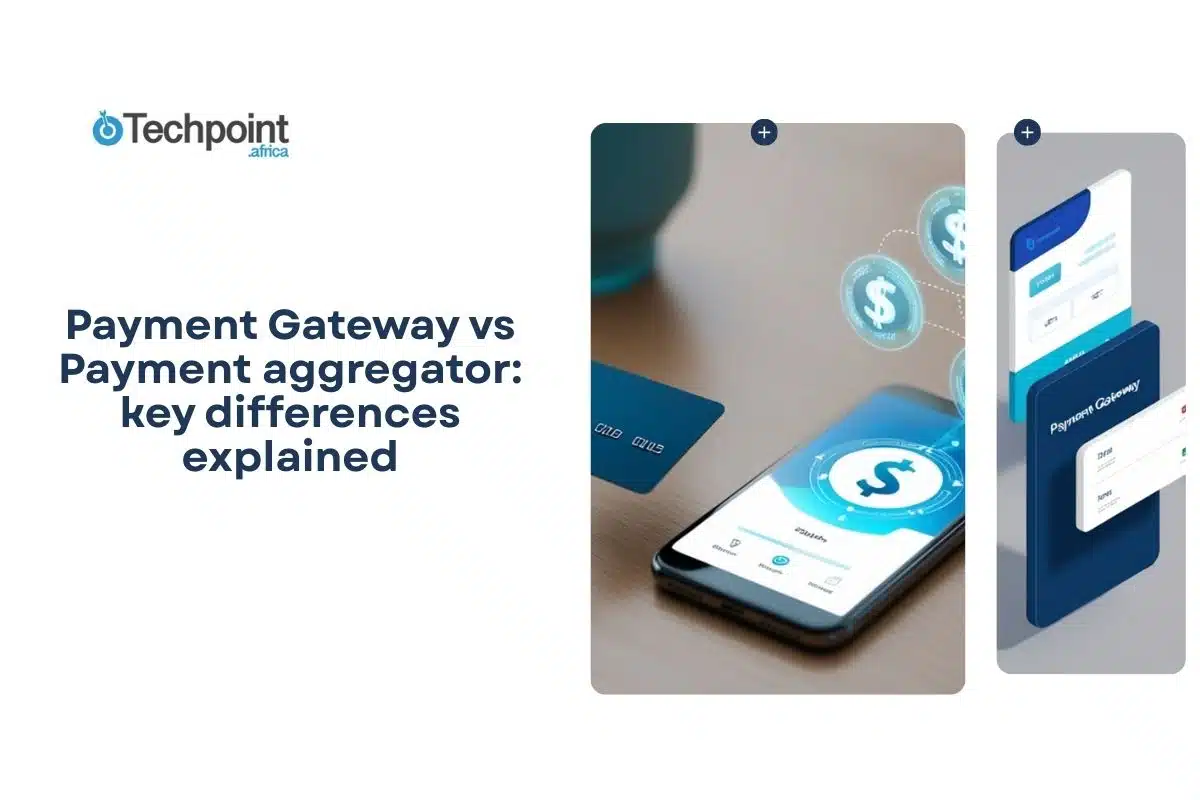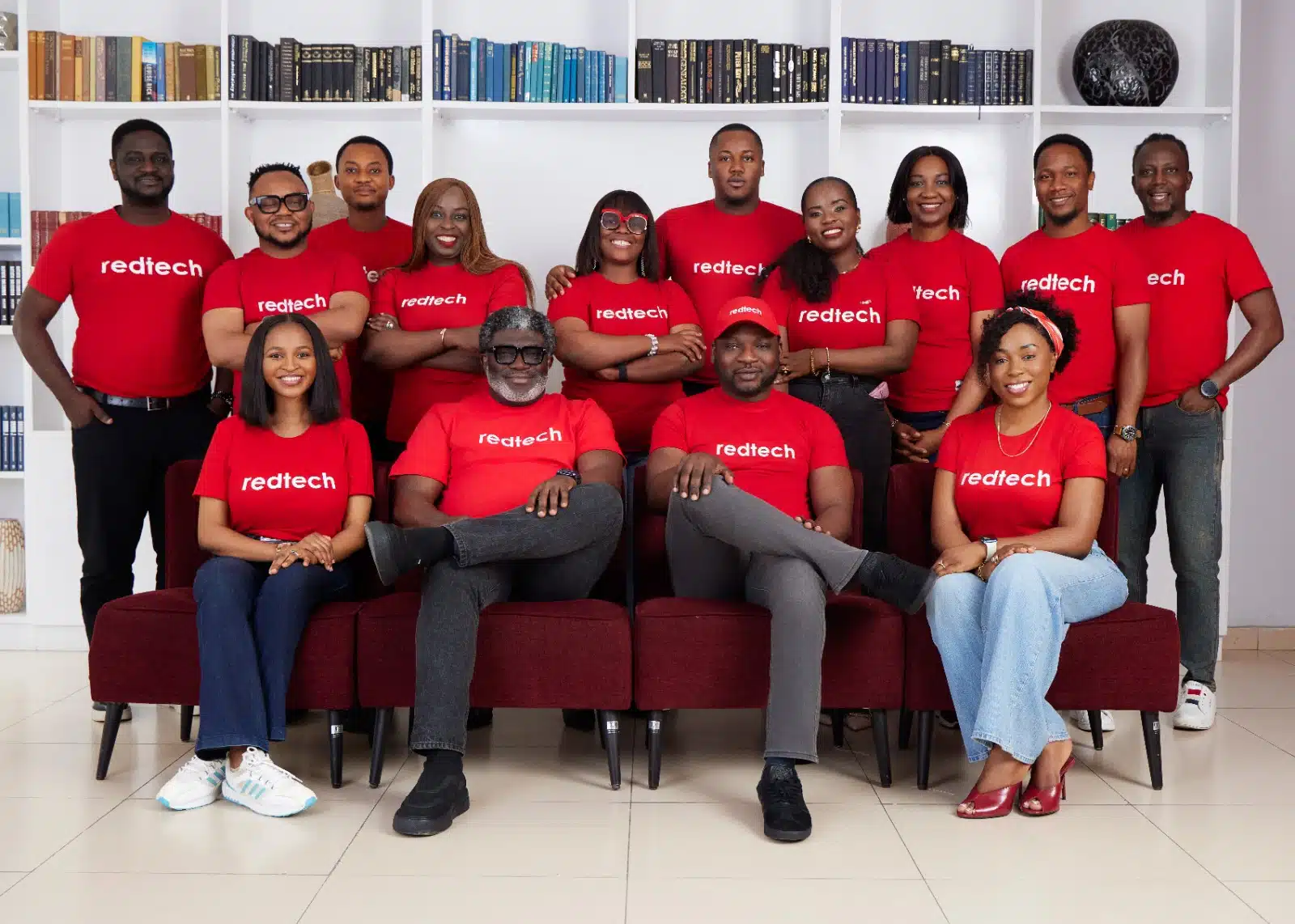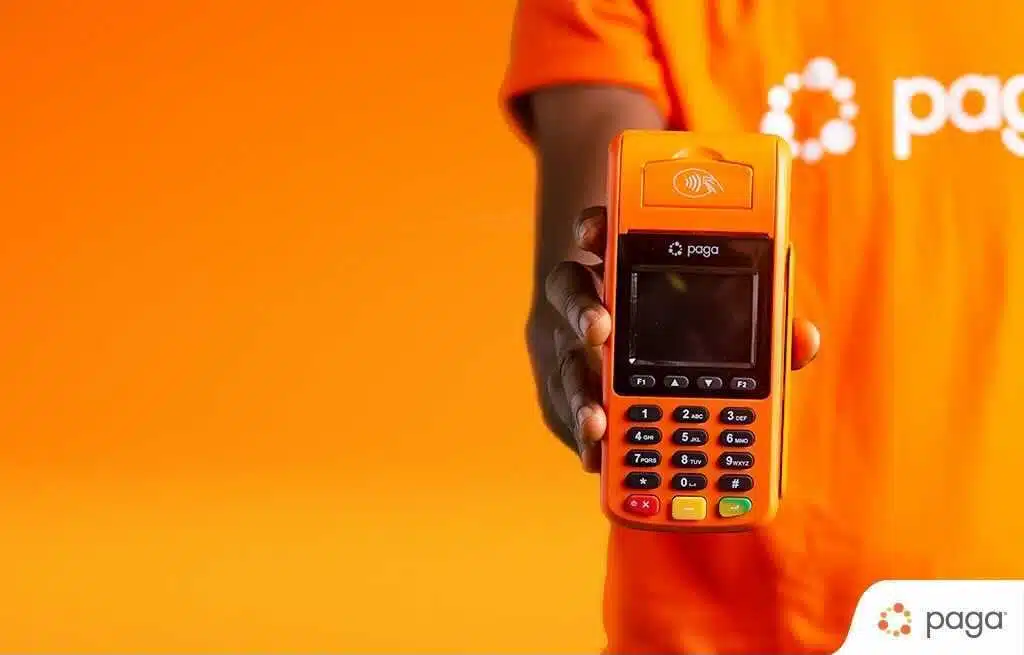In the past 20 years, African businesses have driven innovation around how financial services are delivered. From leveraging USSD technology to build M-Pesa to building mobile money networks off the backs of human agents, the continent has witnessed significant progress in financial services.
But for all this progress, one demographic has been left behind — children. At 400 million, they make up more than a third of the world’s youngest continent and will form the bedrock of the world’s economic actors in the coming years. Still, many must wait until much later in life for their first lessons on how financial systems work.
Biobele Oyibo is optimistic that her startup — Earlybean — can lay the foundations for a financially rewarding future.
Driven by a love for kids

Oyibo holds a Master of Science in International Business and Disruptive Innovation from the Hult International Business School. Over the past 12 years, she has founded two businesses and worked in various marketing, creative, and strategy roles. Starting Earlybean, she says, was inspired by her long-standing passion for children and her own experience with financial literacy.
“I’ve always loved kids, so I always knew that if I was going to do something I was passionate about, it would most likely revolve around kids. But why finance? From personal experience, I became an adult and discovered I had to figure out my finances myself. It’s not as easy as you think when you’re a teenager because everything is done for you. I had also experienced poor investments, and I felt this was not just a problem for me but also for my friends,” she says.
Although the startup launched in 2023, the idea began brewing in 2020. At the time, Oyibo wanted to build a simple fintech tool that helped kids save. But conversations with parents and children quickly revealed deeper needs.
While the parents were most concerned about embedding education and discipline into their children’s financial habits, the children themselves wanted agency — a sense of control over their own money. These insights shaped the product Earlybean would eventually become.
“Initially, I really just wanted to build a fintech app for children to save, but when I started having these conversations, I realised that savings was one thing, but the parents really wanted children to learn about finance. That’s why we launched the video side of things. We also learnt from the kids that they were eager for a tool that they could use to manage money.”
What Earlybean looks like today
Earlybean describes itself as the best way for children aged 6 to 17 to manage pocket money and build financial literacy. Its offering combines fun, structured learning with real-world practice. Children earn, spend, save, and learn all within the Earlybean ecosystem.

Victoria Fakiya – Senior Writer
Techpoint Digest
Stop struggling to find your tech career path
Discover in-demand tech skills and build a standout portfolio in this FREE 5-day email course
The company’s flagship product is a mobile wallet connected to gamified financial education. Through games, quizzes, and video lessons, kids learn about concepts like saving, budgeting, investing, and even responsible spending. But Earlybean goes beyond theory; kids can actually use what they learn.
Using the in-app wallet and a wearable, children can receive money from parents and guardians, complete tasks and chores to earn extra funds, and participate in recycling programmes. For example, through partnerships with recycling companies, children can turn in plastics and earn points or money in return, an early introduction to value exchange and environmental responsibility.
The wearables, which retail for ₦6,000, and contactless cards, priced at ₦2,000, give kids the ability to make real-world purchases at approved establishments. Schools play a pivotal role here. Earlybean partners with schools to facilitate cashless payments on their premises and, in many cases, integrates with the school’s tuck shop or cafeteria to manage inventory and spending.
This school-first approach not only acts as a go-to-market strategy but also helps drive financial transparency. Parents can create sub-accounts for their children, track spending, and set spending limits, giving them full visibility and some control while still encouraging independence in the child.
“The school route is just so we can get the wearables into as many hands as possible, but going on from that, we want to work with kid-friendly merchants outside schools, but that would mean we have vetted those places before deploying our systems there.”
Accelerators, partnerships, and traction
Having officially launched just over a year ago, Earlybean has already amassed 10,000 users, exclusively within Nigeria. However, the startup’s aspirations extend beyond Nigeria, with plans for aggressive expansion across Africa and into the Gulf Cooperation Council (GCC). Initially, Earlybean will focus on private school students in these new markets, recognising that Africa alone accounts for over 60 million private school students.
“In Africa and the GCC, there are over 50 million private school students alone. These guys are transacting an average of $65 a year, and that’s a $3.3 billion market. And these are conservative estimates.”
Oyibo is currently exploring new partnerships with schools and merchants in the GCC and hopes to increase its presence there in the coming year. These efforts have been buoyed by participation in global accelerator programmes such as Techstars’ Founder Catalyst (a non-funded programme that helped the team refine their business model and build early relationships in the GCC), Stanford Seed, and Orange Corners.
In addition to its core app and wearable products, the company runs an annual programme called the Earlybean Teen Accelerator Program (eTAP). Launched in 2024, eTAP brings together 20 children each year for a summer boot camp that teaches real-world money skills, entrepreneurship basics, and more.
Revenue model and pricing
Like most fintech platforms, Earlybean earns revenue through transaction fees on payments made within the app and via the wearable devices. The ₦6,000 wristbands and ₦2,000 cards offer offline convenience and serve as an additional revenue stream.
The team also envisions a future where Earlybean is deeply embedded in the educational and lifestyle infrastructure of young Africans and Arabs, from schools to merchants to online learning platforms.
As for growth, Oyibo says the startup is currently raising a $500,000 pre-seed round to accelerate its expansion, deepen product features, and grow its team.
Challenges on the road ahead
Most of Earlybean’s current competition in Africa comes from commercial banks, many of which offer children’s savings accounts operated by parents. There’s also growing competition from financial educators like Money Africa Kids, which offers courses on financial literacy for kids.
While the startup has successfully piloted its solution with a number of private schools, expanding this model across the continent will likely prove more difficult. Schools remain a key go-to-market strategy for Earlybean, but getting widespread institutional buy-in will take time, trust-building, and local partnerships.
Beyond operational logistics, there’s the question of how viable the private school segment truly is. While Africa is home to an estimated 66 million private school students, the high number of private schools is less a reflection of affluence and more a response to underperforming public education systems.
In many cases, parents enrol their children in private schools out of necessity, not financial comfort, which raises concerns about how many families can afford a fintech solution.
And then there’s the competition. While traditional banks offer relatively passive children’s accounts, neobanks and digital finance platforms like Kuda are increasingly aiming to embed themselves more deeply in users’ daily lives.
As these players expand their services and potentially turn their attention to younger demographics, Earlybean may find itself competing not only on innovation but also on customer trust, infrastructure, and reach.

